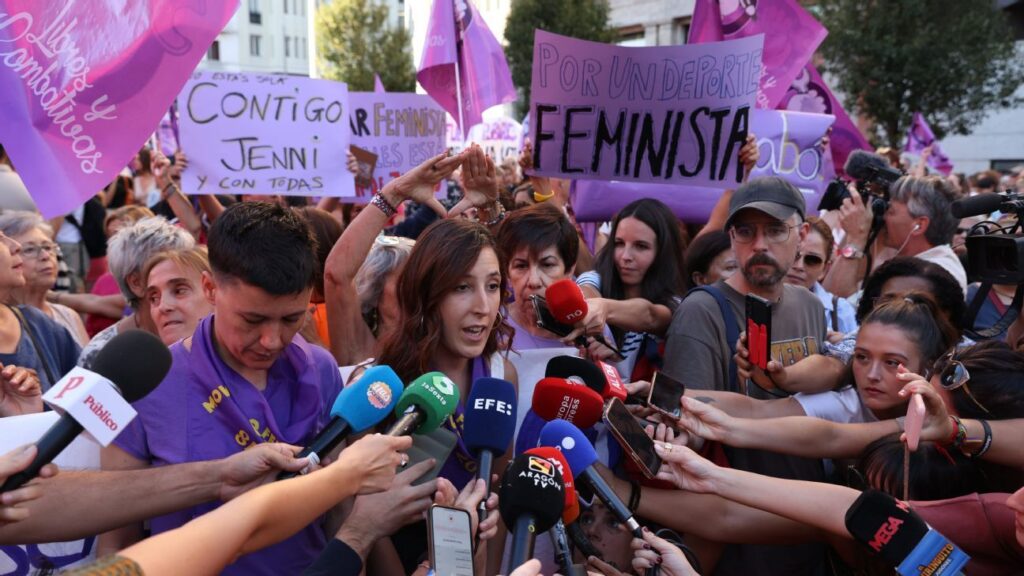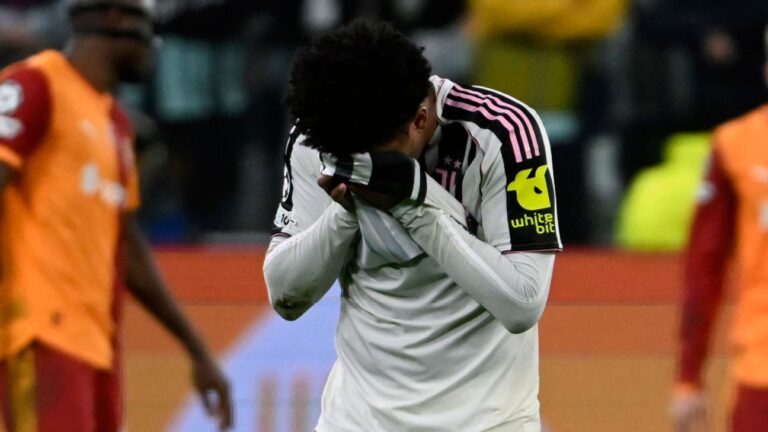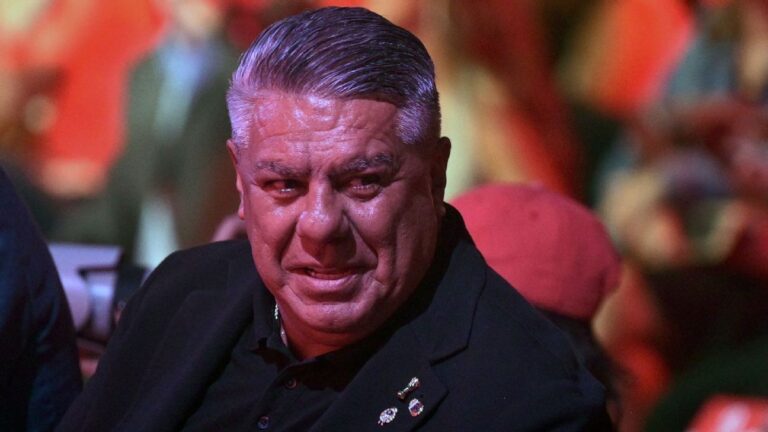The fallout from Luis Rubiales’ unacceptable actions between Spain winning the Women’s World Cup final on Aug. 20 and today will continue for a long time to come. So too will the accusations and counter-accusations. But the way in which Spain’s World Cup-winning women, their colleagues and union representatives have acted, and what they’ve already gained, might well be the single most important, impressive and impactful group action by footballers in the modern history of their sport.
To be clear: I’m talking all football, men’s or women’s.
Jenni Hermoso, Aitana Bonmati, Alexia Putellas, Olga Carmona and Cata Coll, plus their Futpro Union, have potentially catalysed a seismic impact — one that should get every single professional footballer, male or female, thinking very hard indeed about how they approach such conflict in their careers from now on. Even with a huge amount of the objectives set by Spain’s leading female footballers still to be achieved — including the removal of coach Jorge Vilda as part of a deep-rooted organisational change — we have already witnessed the most important action taken by workers against authorities since Jean-Marc Bosman’s legal case destroyed the old transfer system nearly 30 years ago.
Bosman’s fight was that of a mistreated individual using the law to win a horrifically painful and costly victory. But unlike the Hermoso case, neither individual players nor football unions supported him during most of his rebellion. I know because he told me so when I was sat opposite him, in his parents’ flat in Liege, Belgium, at lunchtime that day in 1995 when the European Court Of Justice provisionally ruled in his favour.
This case involving the Spanish national team — one in which the law hasn’t even been invoked yet, the odds were stacked against the underdogs and where the issue has become a galvanising one around the globe in such a short space of time, might eventually be recognised as the most significant ever action by a group of players and their entourage.
What Spain’s World Cup-winning footballers, plus their colleagues and representatives, have done is sent out a set of clear, simple and dramatic messages.
First: Footballers can unite, work together and achieve extraordinary things off the pitch, rather than saving that type of unity for the field and then having to stand alone on the issues, which used to be standard practice.
Second: Let this be a warning to any malignant football authority, individual, club or federation if they believe they can act autocratically, falsely or indecently. It’s now clear that the powers that be can be held accountable even when the odds seem overwhelming.
Third: In an age where many might feel disenfranchised, the Spain team have taught players all over the world an indelible lesson about how clarity, unity, determination and intelligence can spotlight, and eradicate, such unacceptable misuses of power.
Let me make my point clear. Last Friday, when Rubiales made his repugnant “she started it” speech about Jenni Hermoso; unilaterally announced that Vilda, would get a renewed, longer, €500k per annum contract and repeatedly roared that he would not resign, the odds seemed stacked against La Roja’s players.
For example: just a year earlier, they’d begun negotiations with the Spanish FA (run by Rubiales) about working conditions that the players’ group stated were deleterious to the squad’s mental, emotional and physical well-being. Fifteen players eventually felt strongly enough to rebel and state that, until their complaints were listened to and working conditions improved, they were withdrawing from the national team. They refused to be selected — a different tactic, please note, from retiring or resigning in perpetuity.
Yet in the aftermath, Rubiales’ FA publicly stated that rather than address their concerns or continue in dialogue, the 15 would only ever be allowed to return to national team duty when they “recognised the error of their ways and apologised.”
The subtext: “you’re at fault and you’ll only be forgiven if you say sorry and get back in line.” Gaslighting, you might argue.
Globally, the conditions didn’t seem favourable either. Megan Rapinoe, having missed a penalty for the U.S. in a shock elimination to Sweden at the Women’s World Cup, was mocked by politicians with the suggestion that her activism distracted her. The Germany men’s national team began the Qatar World Cup in December with pictures showing their hands over their mouths in protest at not being allowed to wear rainbow insignia or armbands in support of LGBTQIA+ rights. When Germany were eliminated during the group stage, many of their critics lined up to correlate their poor on-pitch performances with their social protests.
Last Friday, in light of Rubiales’ extraordinary behaviour at the Emergency General Meeting, history was firmly telling Spain’s players, their club mates, their families, friends and supporters, that the struggle to be heard and treated fairly would be slow, painful and potentially humiliating, at best; at worst, it would be a pyrrhic win, with any gains overshadowed by what they’d lose in the process.
They didn’t care. They knew better, which is partly how the “underdogs” unified and turned in one of the most remarkable, impactful and uplifting reactions ever seen in the history of professional football.
Think of those women in this context. Many in Spain have subsequently complained that they were “caught out” by Rubiales refusing to resign when, last Thursday night and Friday morning, there were many sourced stories that he was definitely going to quit at the emergency general meeting.
Spain’s women were not that complacent. They were unified, ready and fully prepared to take extraordinary action. It’s arguable that they acted with precisely the level of self-confidence, vision and control they’d used to win the World Cup.
Within hours of Rubiales’ excruciating speech at Spanish FA headquarters, which was given a standing ovation of applause by Luis De La Fuente and Vilda — coaches of Spain’s men’s and women’s teams — Spain’s brilliant women spoke with clarity and purpose. Hermoso’s statement defined Rubiales’ kiss as “non-consensual,” saying she felt “vulnerable and a victim of an impulse-driven sexist.”
The World Cup winner continued: that she’d been falsely quoted in the so-called joint-statement on the night of the final, and Hermoso argued that the Spain team didn’t deserve to be part of “such a manipulative, hostile and controlling culture.” Her statement, mindful of the need for global impact, was issued in Spanish and English. A social media hashtag slogan was launched #SeAcabó, which means “It’s Over.” It trended, and it unified their cause.




